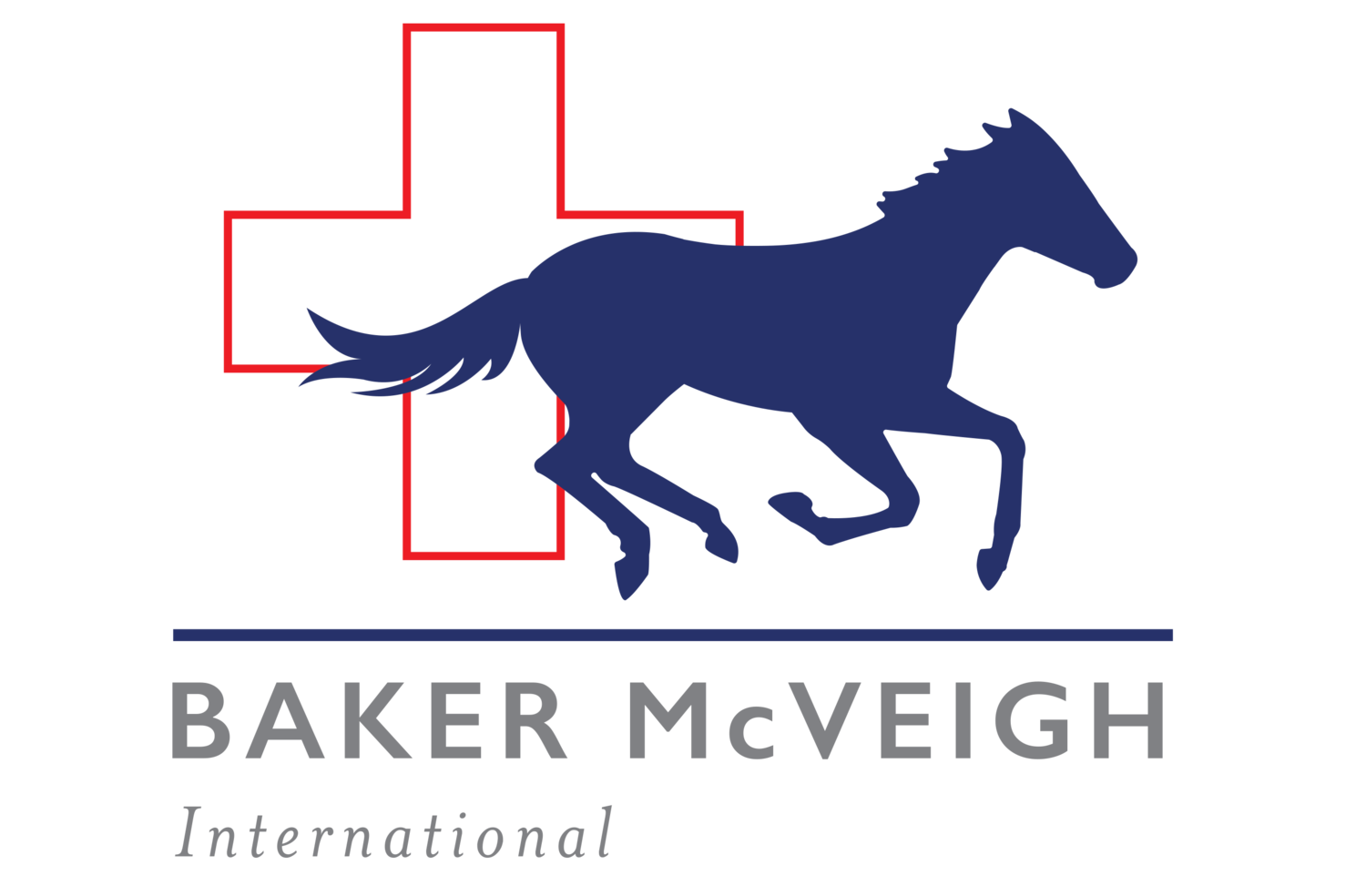Update Of Recent Colic Outbreak
Most of you would have either heard about or experienced first–hand the ongoing outbreak of colic that has been seen in many areas around the country, including Gauteng, KZN, Mpumulanga and Bloemfontein.
We at Baker McVeigh are in constant communication with medicine and surgical specialists both here in South Africa and abroad, as well as having ongoing discussions with colleagues in other practices around the country.
So what do we know….
Horses usually present with a fever of 38.5-39.5 C , and often experience a mild diarrhea at the same time. A day or two later the diarrhea breaks, and the horse then starts to show colic symptoms. Most cases are then found to have an impaction of the descending (small) colon, which is obviously palpable on rectal exam.
Some respond to one-off dosing with oral fluids, others require multiple drenches, whilst the more severe cases require hospitalization with large amount of intravenous fluids and regular drenching. Occasionally horses are taken into surgery when the condition becomes unmanageable. It’s a tough decision to make as the mucosal wall can be friable and prone to rupture. Often though we have no choice.
Finding a cause…
At the moment we are quite simply unsure as to the cause. After numerous discussions with experts, the general consensus is that it is most likely to be a food source. Given cases have been all fed concentrates from different feed companies, it makes a single concentrate contaminant unlikely. Rather it more likely to be a forage/hay contaminant such as Datura sp. It is possible that it was a “good season” for these kinds of invader weeds, which may have found their way into our hay resources around the country.
Although it cannot be ruled out, at this stage no infectious causative agent has been identified. Despite efforts to isolate incriminating bacteria such as Salmonella sp, all tests both in KZN and in Gauteng have come back negative.In addition the epidemiology and timing of the outbreaks does not really support an infectious cause.
From a show attendance point of view…
Given these findings, it is our belief that attending shows carries very little risk in terms of acquiring an infection which may lead to this condition. That said, we would urge all owners to check their hay carefully for evidence of contamination with both the leaves and pods of toxic plants, both at home and in hay purchased at shows from unknown sources.


